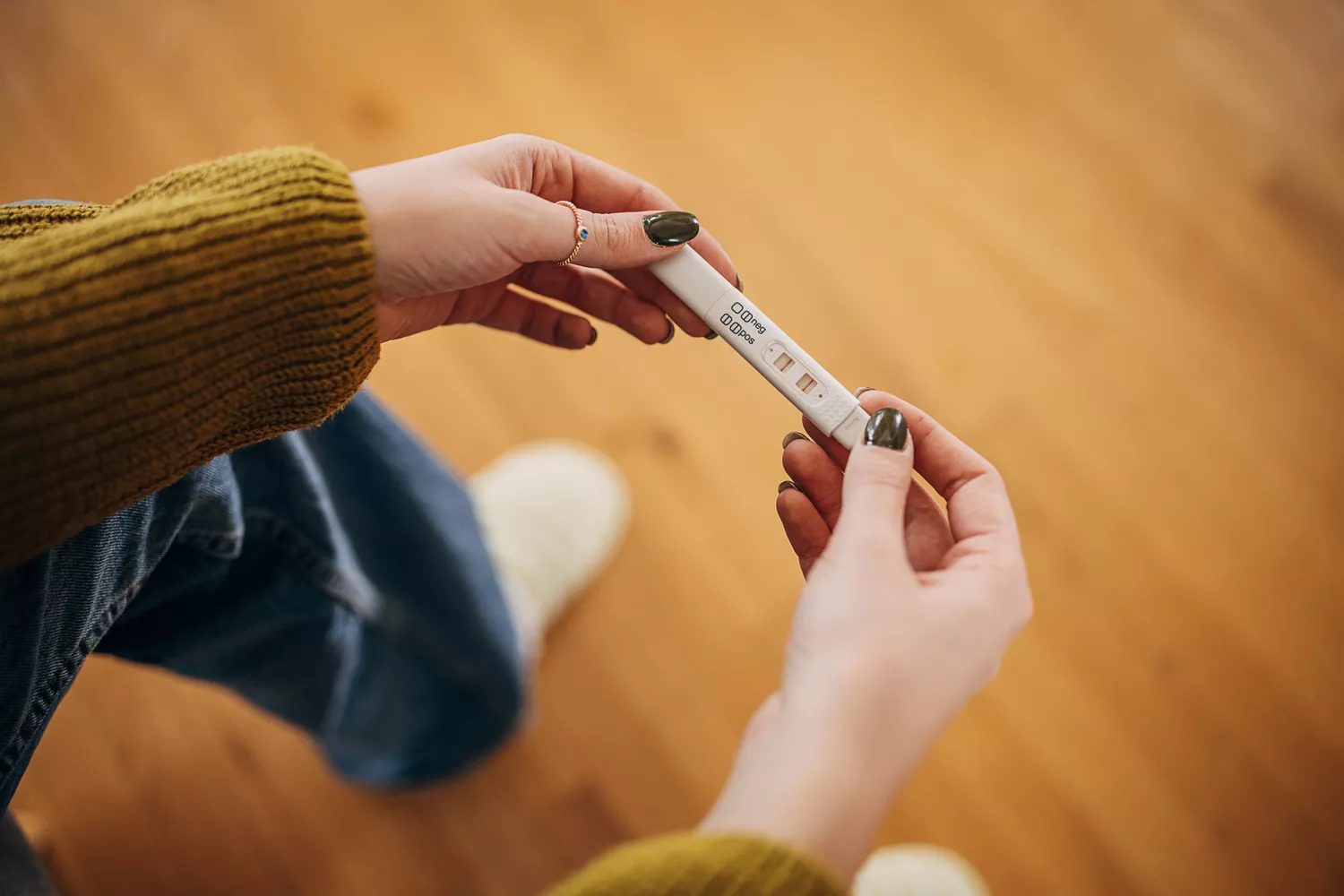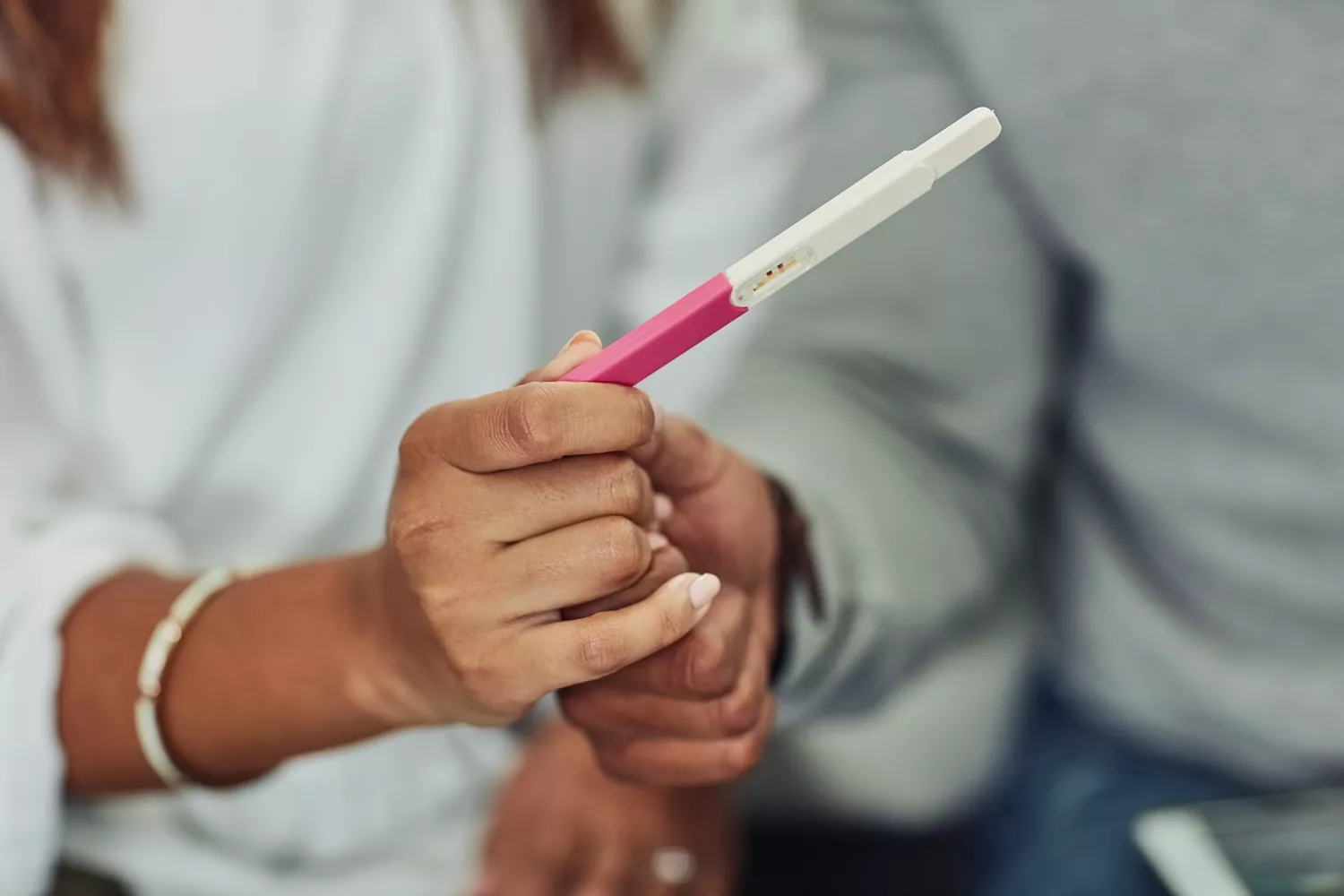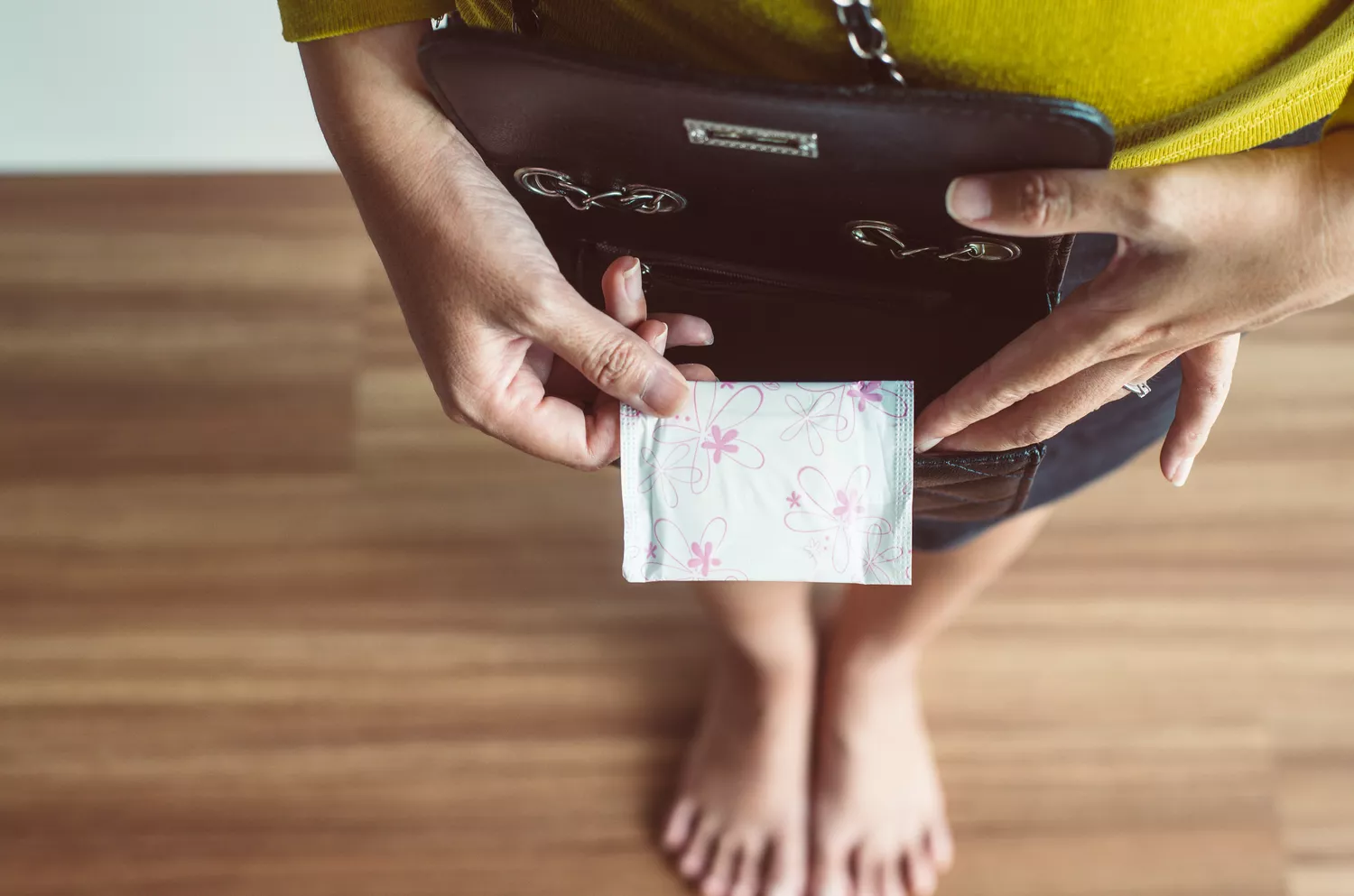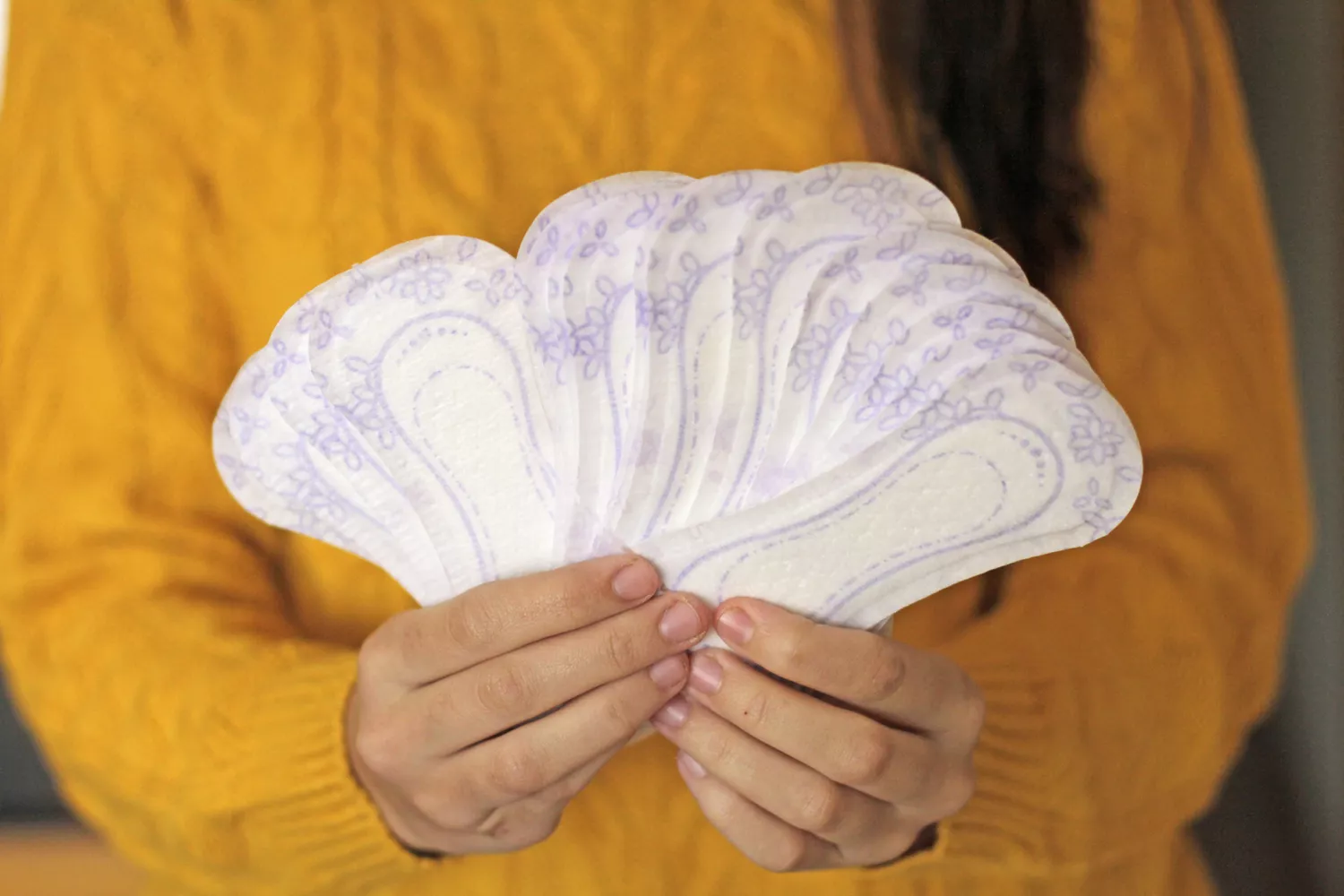Yes, Pregnancy Tests Can Expire. You Should Know


You might consider purchasing an home pregnancy test if you are trying get pregnant, or if you realize that you haven’t had your period. If used correctly, these types of pregnancy test–yes, those where you pee onto a stick — are accurate 99% of time.
Three gynecologists were contacted to find out the latest information about pregnancy tests. We asked them how they worked, if they expired, and if older tests were still reliable.
How do pregnancy tests work?
Let’s begin with the basics. You probably know that for most pregnancy tests you need to pee onto a stick and then wait for the result. But how do they actually work?
Stix’s medical advisor, Carolyn Ross explains that pregnancy tests detect the hormone hCG in a women’s urine. This hormone is produced after the fertilized egg implants into the uterus by the cells that form the Placenta. About six to twelve days after fertilization, your body begins producing hCG.
You can either pee directly on the test or dip it into a cup of urine. In any case, make sure you see a control (or digital) line. The control line will appear if the test is working properly. tests for pregnancy are most accurate if you miss your period.
What Your Short Menstrual Period Says about Your Chances of Pregnancy
Does the expiration date of pregnancy tests apply?
According to Stephanie Hack, M.D., OB-GYN and founder of Lady Parts Doctor/a>, the shelf life for a pregnancy tests is usually two to three years after its manufacture date. According to Stephanie Hack M.D. OB/GYN, founder of Lady Parts Doctor the shelf-life of a pregnancy tests is usually two to three year after the date of manufacture.
If you store pregnancy tests in your medicine cabinet, they may expire. If the product is left on the shelf of the store for a very long time, it may be close to expiring. Throw away any pregnancy tests which have reached their expiration dates.
Can expired pregnancy tests still be effective?
The chemicals in the test may have degraded or evaporated over time, making it less effective to detect the hCG. False negative pregnancy tests can occur when a test shows a negative result, but the woman is actually pregnant. False negatives are possible as well, but less likely.
It is possible that expired pregnancy tests are still effective, particularly if you have high hCG levels, but the chances of error are higher. It is not advisable to rely on expired pregnancy tests for accurate results.
Is My Pregnancy Test Expired?
How can you tell if a pregnancy test has expired? Look for the expiration date printed on the packaging. For example, Clearblue has the expiration date printed on both the foil wrapping of each pregnancy test and the bottom of the packaging.
Check the expiration date of your at-home test before you use it, especially if you’ve had it in your medicine cabinet a while.
Other factors can also affect the effectiveness of a pregnancy test. You should store your at-home pregnancy test in a dry, room-temperature place to avoid damage from excessive heat, cold, or humidity. For more information on proper storage, refer to the product’s packaging.
How can I tell if I am fertile?
Are there ever false positives or negatives on pregnancy tests?
Yes, home pregnancy tests can produce false positives or false negatives. According to Dr. Hack some of the common reasons for False Positive Pregnancy Tests are certain medications, medical conditions or taking the test after a previous pregnancy or miscarriage.
False negatives can occur if the test is taken too soon. You may be eager to find out, but waiting will give you the most accurate results. A false negative could mean that the HCG level in your urine is not high enough to detect it, says Heather Jones M.D. OB-GYN, Maiden Lane Medical, Brooklyn. You can also get false negatives if your pregnancy test is expired.
Contacting an OB/GYN to discuss any questions and concerns you might have can be helpful. If you are pregnant or have a positive pregnancy result, you should visit a doctor to confirm the results with a blood sample.
Key Takeaway
It’s important to note that pregnancy tests typically have a shelf-life of a few years following the date of manufacture. Check the expiration dates on yours, if you’ve had it in your cabinet for some time. Consider contacting an OB/GYN if you have any questions or concerns.








